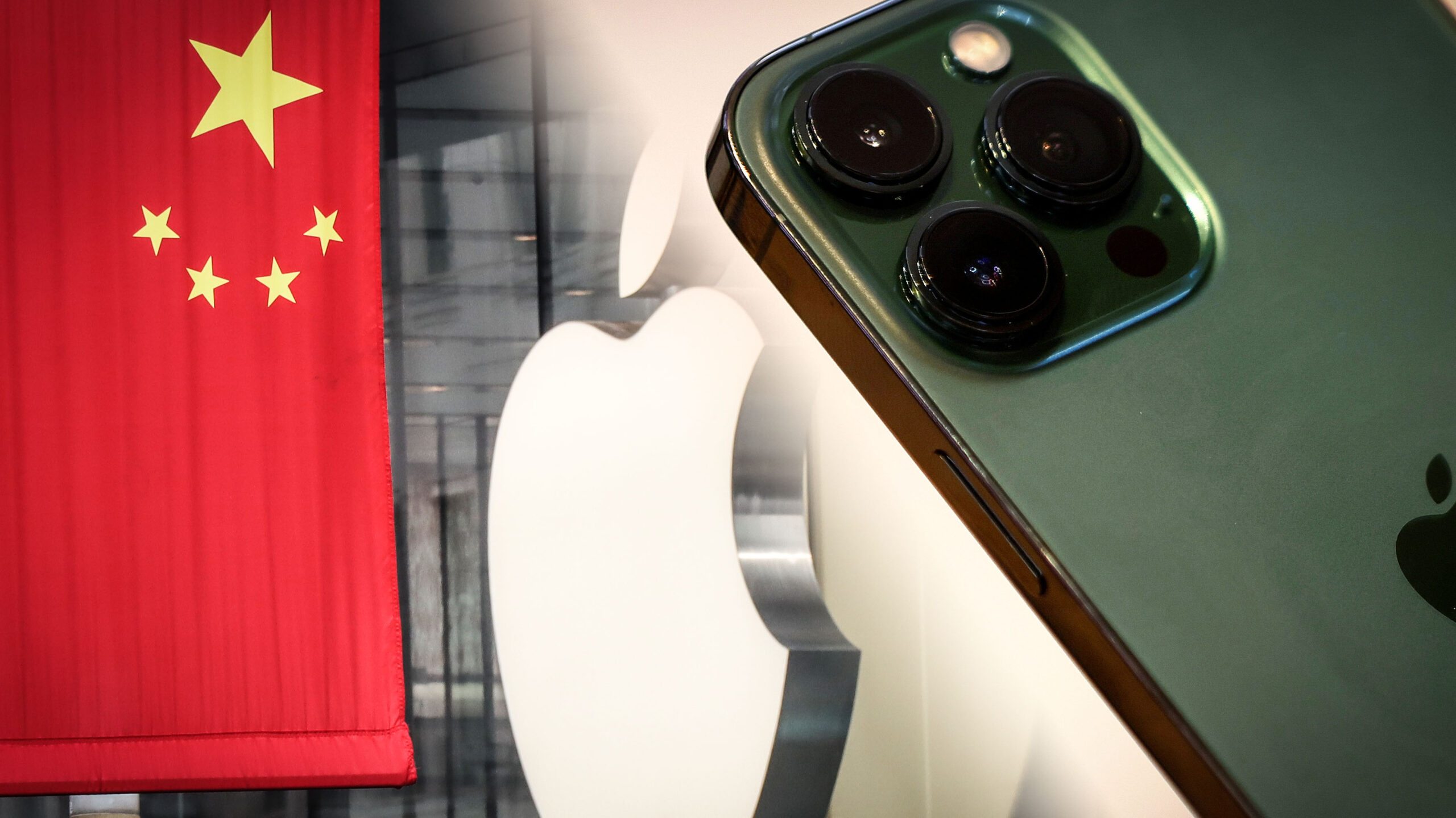Apple Shares Drop Amid China iPhone Ban Concerns
Anúncios
Apple ‘s shares took a sharp hit, declining by 2.9% on a fateful Thursday. The cause? Reports that China was expanding its ban on the use of iPhones to encompass government-affiliated agencies and corporations. This news has sent shockwaves through investors and triggered discussions about Apple’s ability to maintain its foothold in the world’s second-largest economy.
For Apple, China is a pivotal market. In fact, it’s the largest foreign market for Apple products. Last year alone, Chinese sales accounted for approximately a fifth of the company’s total revenue. While Apple doesn’t disclose iPhone sales figures by country, industry analysts at TechInsights estimated that, in the last quarter, there were more iPhone sales in China than in the United States. Moreover, a significant portion of Apple’s iPhones are manufactured in Chinese factories.
Apple’s importance isn’t limited to just its sales figures. Cupertino, California-based Apple plays a substantial role in Beijing’s economy, which has historically positioned the company as relatively safe from government restrictions. However, these reported bans raise significant concerns about whether the Chinese government is reevaluating its stance on Apple’s operations.

The Wall Street Journal set off alarms on Wednesday by revealing China’s ban on iPhone usage among central government officials. Managers reportedly conveyed this ban through chat groups and meetings. But the apprehension escalated further when Bloomberg reported that the prohibitions had extended to state-backed enterprises, including corporate behemoth PetroChina. These state-backed firms employ millions of workers and have vast influence over China’s economy.
Bank of America analysts added another layer to the discussion by noting that these iPhone bans coincided with the release of a new high-end flagship smartphone by the Chinese manufacturer Huawei. The timing raised eyebrows, leading some to speculate about potential market manipulation. Additionally, the U.S. government initiated an investigation into this new Huawei device. National Security Adviser Jake Sullivan expressed the need for more information about the smartphone’s “character and composition” to determine whether parties bypassed American restrictions on semiconductor exports to produce the new chip.
The consequences of these developments reverberated through the tech sector, causing a dip in tech companies’ stocks. The Nasdaq Composite experienced a drop of about 0.9%, while the semiconductor sector suffered a more substantial decline of over 2%.
In the complex landscape of international technology competition and geopolitics, Apple finds itself navigating treacherous waters. While Apple’s stronghold in China has been relatively secure in the past, these recent events have thrown a wrench into the equation. The tech giant must now contend with the challenges posed by geopolitical tensions and the shifting sands of international trade relations.






